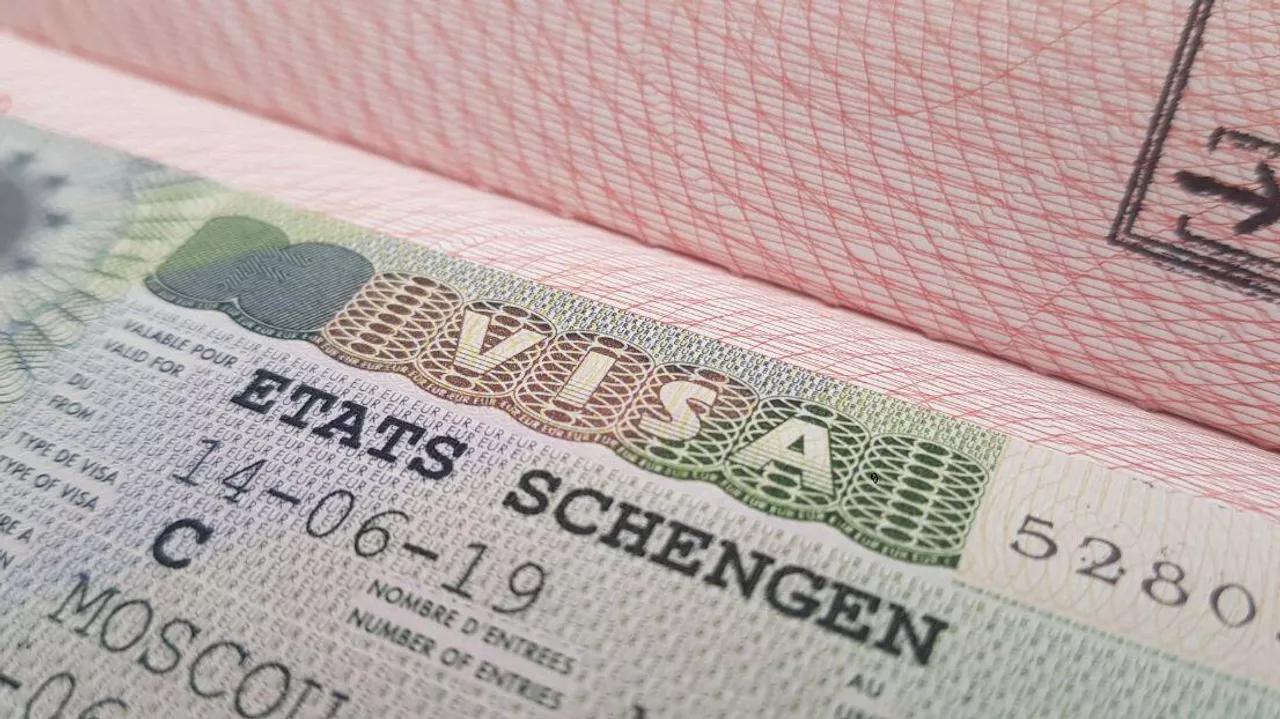Africa-Press – Uganda. According to the UK migration consultancy Henley & Partners, the European visa regime is significantly stricter for applicants from Africa than for those from other regions. In 2022, Africa topped the rejection list: 30% of all applications processed were rejected, despite having the lowest number of visa applications per capita.
Patterns of exploitation and control established under colonial rule continue to shape diplomatic and economic relations between African and European countries as a backdrop to their visa policies, Dr. Margaret Monyani, senior Migration Researcher at the Institute for Security Studies, told.
According to the expert, paternalistic attitudes persist among the beleaguered colonial masters, who still believe they control the movement and opportunities of people from their former colonies, including Africa.
“So there is that feeling that they have these supervisory powers and they determine who moves and which opportunities people from certain places can have access to. So you see this paternalistic approach then influences visa policies and in many one or two ways, for instance, it has led to a perception that European countries need to oversee, and need to regulate African migration,” she said.
Such European paternalistic policies, Monyani added, reflect a belief that African countries “are less capable of managing their affairs.” Such thinking not only undermines the dignity and autonomy of African states and citizens, but also perpetuates an imbalance of power where European preferences and standards are seen as the norm, the analyst added.
Furthermore, colonial thinking fuels colonial legacies and prejudices that influence visa policies towards African countries, she revealed.
“So, during the colonial era, European countries often depicted African people and cultures in derogatory and dehumanizing ways. And this to justify their dominance and exploitation. And we see these historical portrayals still linger in the collective consciousness of societies, even among Africans themselves,” Monyani explained. “The stereotyping also is very evident in the context of visa application processes.”
As a result, visa applicants from African countries are viewed “through a lens of suspicion and considered high risk,” with even doctors and professors required to provide overwhelming evidence of intent to travel, the expert added.In addition, stricter visa policies are being used by the European Union as diplomatic pressure, particularly on North African countries, being a response to a country’s reluctance to accept deported citizens, the pundit explained.
“This also just illustrates how visa regulations can be wielded as a leverage in international relations. So this tactic is not just about merely controlling migration, but it’s also about the method of exerting pressure on governments to comply with specific diplomatic or immigration related demands from the issuing countries,” she said, adding that it “influences the diplomatic tone between countries.”
The expert concluded that the extent to which European visas are denied to Africans is not based on objective or consistent criteria, but on stereotypes about economic status and unfounded security fears, contributing to a broader approach that perpetuates inequality and exclusion on the basis of race.
“So such practices can lead to a vicious cycle where individuals from certain racial, like in this case, Africans are systematically disadvantaged, reinforcing some negative stereotypes, perpetuating racial profiling. It undermines the principle of equality and non-discrimination that are supposed to underpin international relations and, and global mobility,” she noted.
sputnik africa
For More News And Analysis About Uganda Follow Africa-Press






